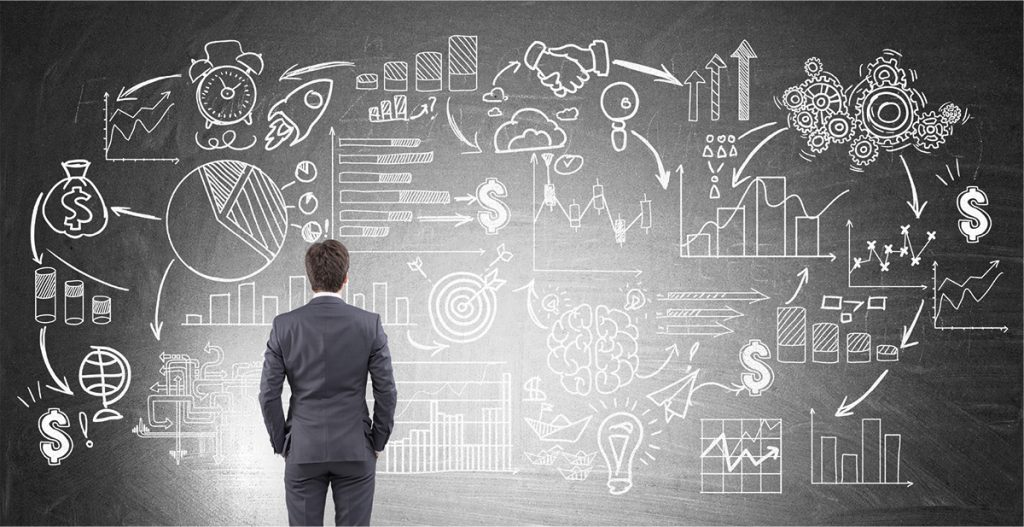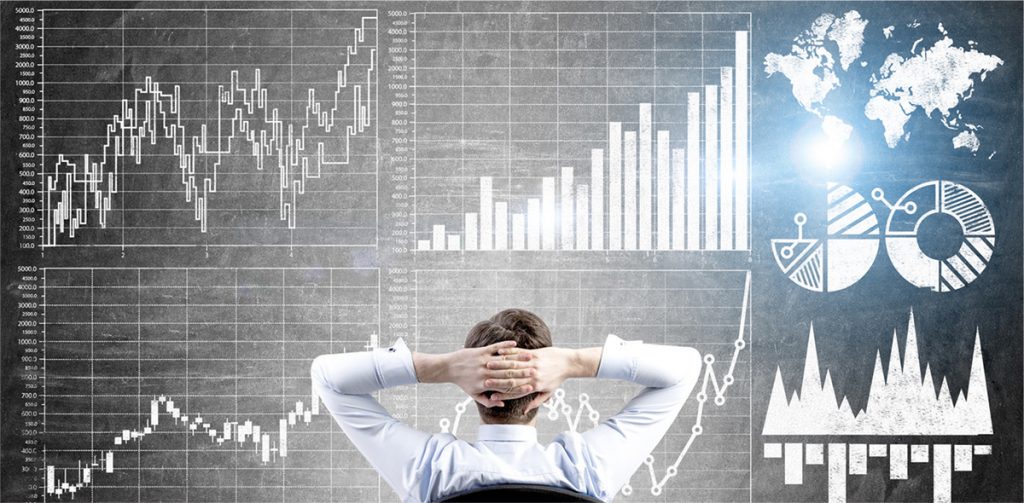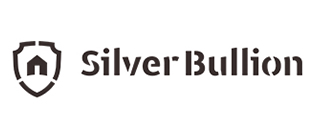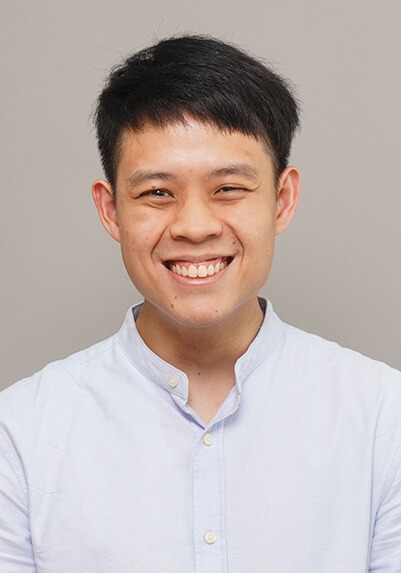Navigate
Article List
- Artificial Intelligence Application in Algorithmic Trading: Two-day Workshop
Organised by SBMA, 16 & 18 October 2018
- Malaysia’s Precious Jewellery Market
By Ermin Siow, President, Federation of Goldsmiths and Jewellers Association of Malaysia, 2014-2018
- Why Do Turkish Banks Hold Gold at the Turkish Central Bank?
By Aslı Şahin, FX & Precious Metals Specialist
- The Impact of Artificial Intelligence on Trading and Finance
By Gordon Cheung, Deputy Chief Executive, SBMA and Avirath Kakkar, Head of Strategy, EIS Global Capital Management
- Gold and Blockchain: A Win-Win Combination
By Nikita Knyazev, Head of Commerce, A-Ventures
- SBMA News
By Albert Cheng, CEO, SBMA
Article List
- Artificial Intelligence Application in Algorithmic Trading: Two-day Workshop
Organised by SBMA, 16 & 18 October 2018
- Malaysia’s Precious Jewellery Market
By Ermin Siow, President, Federation of Goldsmiths and Jewellers Association of Malaysia, 2014-2018
- Why Do Turkish Banks Hold Gold at the Turkish Central Bank?
By Aslı Şahin, FX & Precious Metals Specialist
- The Impact of Artificial Intelligence on Trading and Finance
By Gordon Cheung, Deputy Chief Executive, SBMA and Avirath Kakkar, Head of Strategy, EIS Global Capital Management
- Gold and Blockchain: A Win-Win Combination
By Nikita Knyazev, Head of Commerce, A-Ventures
- SBMA News
By Albert Cheng, CEO, SBMA
The Impact of Artificial Intelligence on Trading and Finance
By Gordon Cheung, Deputy Chief Executive, SBMA and Avirath Kakkar, Head of Strategy, EIS Global Capital Management
Published on September 19, 2018
– How Artificial Intelligence Has Revolutionised Trading

It may look like there is no rhythm or reason and I’m just making unrelated investments. But there is a unifying reason. It’s AI. AI is coming like a big bang. Every industry will be redefined. – Masayoshi Son, founder and CEO, SoftBank
What long-term vision do big trading houses share?
- Vision Fund, founded by Masayoshi Son in 2017 with $100 billion, invests in artificial intelligence (AI) technologies and robotics.
- Trading giants like Bridgewater Associates, Renaissance Technologies, Cidatel and D.E. Shaw use AI-driven automated trading strategies to generate remarkably high returns.
- More than 60% of the staff working for XTX Markets, a leading electronic market maker in a wide range of asset classes behind prime brokers, are data scientists and algorithm engineers.
- JP Morgan Chase’s Contract Intelligence (COiN) uses deep learning algorithms to analyse and review over 10,000 credit documents in seconds. The bank also established a Machine Learning department to develop AI technologies for its banking operations.
- Wells Fargo set up an AI Enterprise Solutions team to run its innovation lab.
Now, how many AI concepts, apart from algorithm and high-frequency trading (HFT), are you familiar with? They include machine learning algo, deep learning algo, big data, regression (applied by most HFT firms), classification algo, decision trees, supervised and unsupervised learning, and neural networks, just to name a few.
It is widely believed that the finance industry was the first sector to use artificial intelligence and machine learning in the early ‘90s. The revolution, which started to pick up speed in early 2016, has not only shifted the entire trading landscape, but also transformed the whole financial ecosystem.
AI application development in general, including trading, is about teaching machines to learn, think, reason, quantify sentiment, analyse data and news (even black swan incidents), generate insights and make decisions automatically with high accuracy and speed.
Today, machine learning and deep learning play an increasingly important role in calibrating trading portfolios to match strategic and risk objectives. In fact, automated strategies can eliminate all the deficiencies of manual trading. Traders no longer need to strain their optic and brain nerves non-stop during a trading session. Thomson Reuters estimates that algorithmic trading systems now handle 75% of trades worldwide.
Many quant trading firms use machine learning algorithms on data feeds for automated trades. It makes perfect sense that they are protective of their AI algorithm properties and high-speed technologies – everyone is looking to capture the same handful of market prices that appear and disappear in nanoseconds.
As an investor, you want your algo to know when to enter and exit a trade. As a directional trader, you would like your algo to be smarter and faster than your competitors in reacting to breaking news or a financial datum that can move the markets. As an arbitrageur, you want your algo to be the speediest to simultaneously buy and sell in two markets before a targeted price differential is traded away by your rivals. Trading firms want maximal trading revenues and minimal operational and market risks.
It’s not too late to start embracing what’s going on in the data science realm and equipping yourselves with algorithmic trading skills.
– Meeting Artificial Intelligence Technology at the Crossroads

Finance as an industry is remarkably advanced in collecting and storing data, much more than most others and it’s only a question of time when AI technologies are deployed at scale.
What exactly is behind all the excitement surrounding artificial intelligence? Is it just media hype? Is it meant to power a few Silicon Valley stocks? Is it just another thing that too shall pass?
The answer to all the above is, quite emphatically, NO. The excitement is about our civilization being at a very important crossroads. A crossroads arrived at after years of advancement in neuroscience, computing, and mathematical algorithms. Let’s see how.
The one thing that differentiates us from other species is the state of development of the frontal cortex. When opened up, it’s probably no bigger than a paper napkin. But it’s because of this frontal cortex that we have developed art, sciences, culture and technology to the extent that no other (known) species has been able to. Now bear in mind, the frontal cortex evolves and grows. A newborn baby doesn’t know as much as an average adult. An average adult today knows more than the average adult 500 years ago. The point being, that the frontal cortex can be trained to acquire knowledge.
Ok that’s one part. But here’s where it gets exciting.
Machine learning algorithms have been around for a long time – at least since the 1960s – and have always been modelled on how the human brain works. However it is only now, with advances in brain scanning technologies, that we can study in great detail how exactly the 300 million neurons in our brain work. We are in a position to monitor what each cell is doing, which external stimuli is triggering which set of cells and how these cells are processing the stimuli that inform our thoughts, moods and actions.
So if we know in great detail how our brain works, and if we know we can teach it to perform really complex tasks (remember, we teach our babies all the time), then what’s to stop us from replicating it. And if we can replicate it and it doesn’t need to be confined to the size of a paper napkin, then its power will be exponentially greater than what we have now. Its impact on civilisation will be astronomical.
That’s not all.
With the advances in nanotechnology (and maybe cloud computing), we will be able to physically compress the above into extremely small devices. According to the inventor and futurist Ray Kurweil, by 2030 these small devices will be physically integrated into our brains. So within a few years, we won’t just have 300 million neurons to do our thinking, we will be able to access 300 billion non-biological neurons to help us think.
The above, coupled with sizable improvements in the algorithms, will provide a strong tailwind. Some of us probably have already noticed the evolution in Google search results. It has evolved from performing complex web searches in a fraction of a second, to giving suggestions as to what may interest us (memory), and following up with us on our past searches and actually interpreting our requests.
Developing an AI business requires time, significant computing power and sizable amounts of data. Finance, as an industry, is remarkably advanced in collecting and storing data more frequently than most others and it’s only a question of time when the above technologies are deployed at scale.
Let’s take a step back. As a trader – and I think I speak for other fellow traders as well – I have always wanted to know how best to effectively model all the inputs I consider before executing a trade, how best to position size, how to manage risks, and little tricks that could give an edge in trading. AI algorithms provide rigorous techniques for addressing the above concerns.
SBMA will be organising a workshop on “Artificial Intelligence Application in Algorithmic Trading”. Please visit http://bit.ly/2wHUwjX for more information.
Gordon Cheung has over 25 years of trading experience in the interbank bullion market. Before joining SBMA as its Deputy CEO in March 2018, he spent 12 years as the head of trading and hedge fund sales at leading bullion banks in Singapore and Hong Kong.
Avirath Kakkar is the Head of Strategy, EIS Global Capital Management, a mid-sized hedge fund in Singapore applying AI technologies to portfolio trading. He was previously a structured deal expert at JP Morgan and head of commodities options at ICBC Standard Bank Singapore.

























